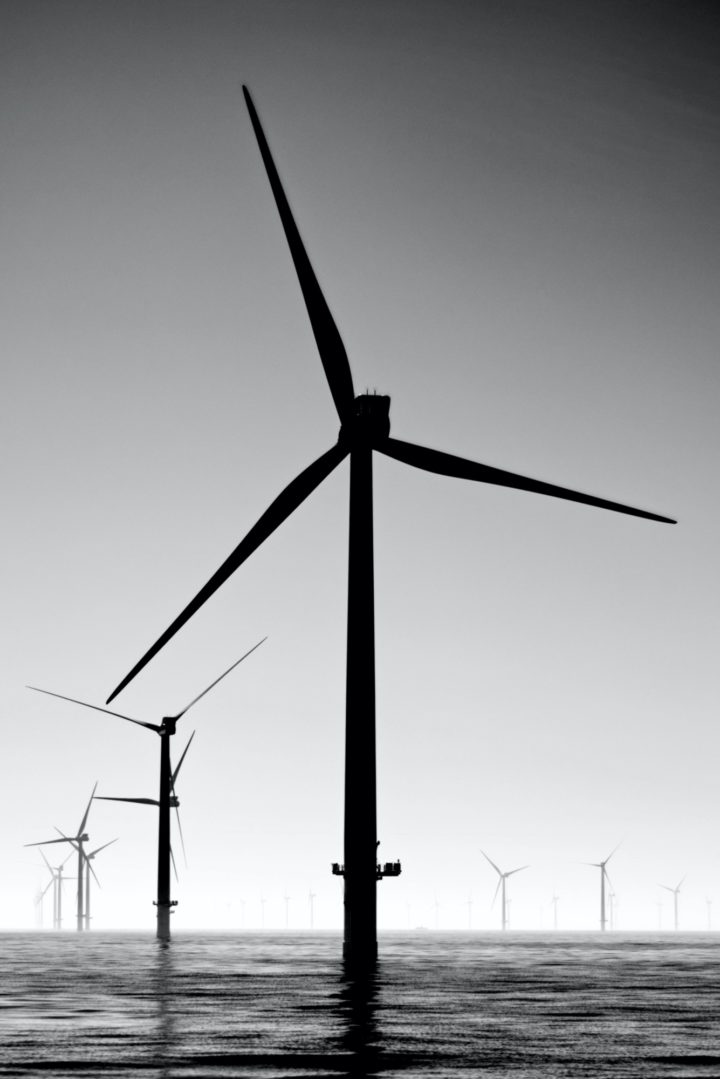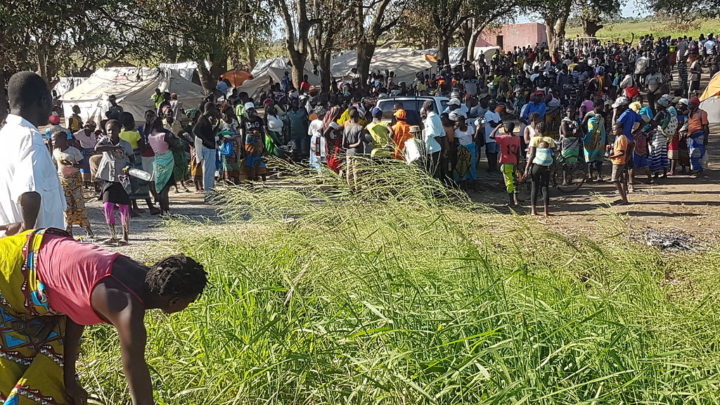Why the UK’s ‘green recovery’ matters for COP26
As the UK emerges from lockdown a green stimulus package will rebuild the economy, create jobs and lay down a marker for the UN summit next year
By Alison Doig
Share
Last updated:
"… once we move beyond the emergency phase, we owe it to future generations to build back better and base our recovery on solid foundations, including a fairer, greener and more resilient global economy. The UK will take this forward by hosting the UN climate change conference in Glasgow next year."
Prime Minister, Boris Johnson, presenting to UN High Level Event on Finance for Development , 28th May 2020

Political minds in many nations are now moving to orchestrate a recovery from the coronavirus recession, with the UK government due to announce a significant package of measures on 8th July. This will aim to give the UK economy a resilient footing that protects from future shocks. One that creates decent jobs and a healthy future for the UK. There is a strong case building that this should also be a green recovery.
So far this has been largely being framed in government and outside as a purely national issue – about creating home insulation jobs in the ‘Red Wall’ constituencies of the English North and Midlands, accelerating the transition to electric motoring and unleashing the full potential of renewable energy.
But it also matters for the UK’s international reputation and desire to be viewed as a global ‘climate change leader’ as President of COP26. As host nation, the Cabinet’s decisions on economic recovery in the next few weeks will affect its capacity to deliver a successful outcome at the climate summit in November next year.

Triple win: economic stimulus, green jobs and emissions reduction
There is a resounding and unified case being made that a low-carbon, climate resilient recovery will deliver all the criteria for a strong economic future in the UK, and for the world.
In a recent report the International Energy Agency makes the case that a sustainable global recovery from Covid-19 is desirable, achievable and affordable; boosting economic growth, creating millions of jobs in areas such as energy efficiency and renewable energy, and putting emissions into decline. The recovery plan with a triple win of growth, jobs and emissions reduction was welcomed by governments including Spain and Denmark, as well as investors representing more than £10tn in assets.
Already South Korea is promising to provide economic stimulus while putting the country on track for net-zero emissions by 2050. Germany has announced stimulus packages that include green measures such as subsidising electric cars and promoting ‘green’ hydrogen. France has allocated around $1.7 billion of its stimulus package for research and development to produce a carbon-neutral aircraft in 2035.
The health benefits are becoming clear, too, with the lockdown period demonstrating that the respite from cars and polluting vehicles has improved air quality for many cities worldwide, and not least for some of the most vulnerable communities in the UK. Dr Maria Neira, Director of Environment, Climate Change and Health at the World Health Organization (WHO), observed that climate change and coronavirus ‘…are not competing agendas - they have the same agenda: to protect public health.’
The UK’s statutory advisor the Committee on Climate Change will shortly add its voice to this case. It will publish its formal advice to government this week, identifying areas for investment such as housing retrofits, hydrogen fuels and nature conservation. It is also expected to note that because of its position as COP26 host, the UK government’s decisions will be a significant factor in setting the tone for the summit.
Managing climate risk is the new normal
Leaders from the Pacific Islands, which are critically vulnerable to sea level rise, are concerned that the international process to tackle climate change will 'lose momentum' amid the COVID-19 pandemic.
But again, these are not competing crises but additive ones.

Many low-income countries are on the brink of a debt crisis caused by the double hit of coronavirus and climate impact, with recovery from both in the form of loans from the International Monetary Fund (IMF) and development banks. For example, having taken out loans for recovery from Cyclones Kenneth and Idai (made more severe by climate change) a year ago, Zimbabwe
is now facing the additional burden of COVID-19 recovery. Meanwhile drought linked to climate change leaves citizens of Zimbabwe's second city, Bulawayo, without water for months during the Covid-19 pandemic.
The ex-Governor of the Bank of England and new COP26 Special Envoy for Climate Action and Finance Mark Carney warns that the climate crisis presents a ‘systemic risk’ to the global economy. Carney recently said: ‘We have a situation with climate change which will involve every country in the world and from which we can't self-isolate’
Leading global climate action can be a route to a stable recovery
So as UK tentatively emerges from lockdown and inject funds to stimulate our economy, the international urgency on climate change provides an added reason to unleash investment in a clean energy revolution; making transport, power and housing fit for the future, boosting jobs across the UK and laying down a marker for the UN summit next year.
In the words of the COP26 President and Secretary of State for Business, Alok Sharma: ‘I sincerely believe it’s absolutely possible to have green growth in our economies across the world. COP26 can actually be that moment when the world unites behind a green and I think – really importantly - a fair recovery.’

As President of COP26, the UK will gain more credibility in the eyes of vulnerable nations across Africa and the Pacific if it puts a recovery package consistent with its net zero law and the 1.5ºC global warming target next month.
Share